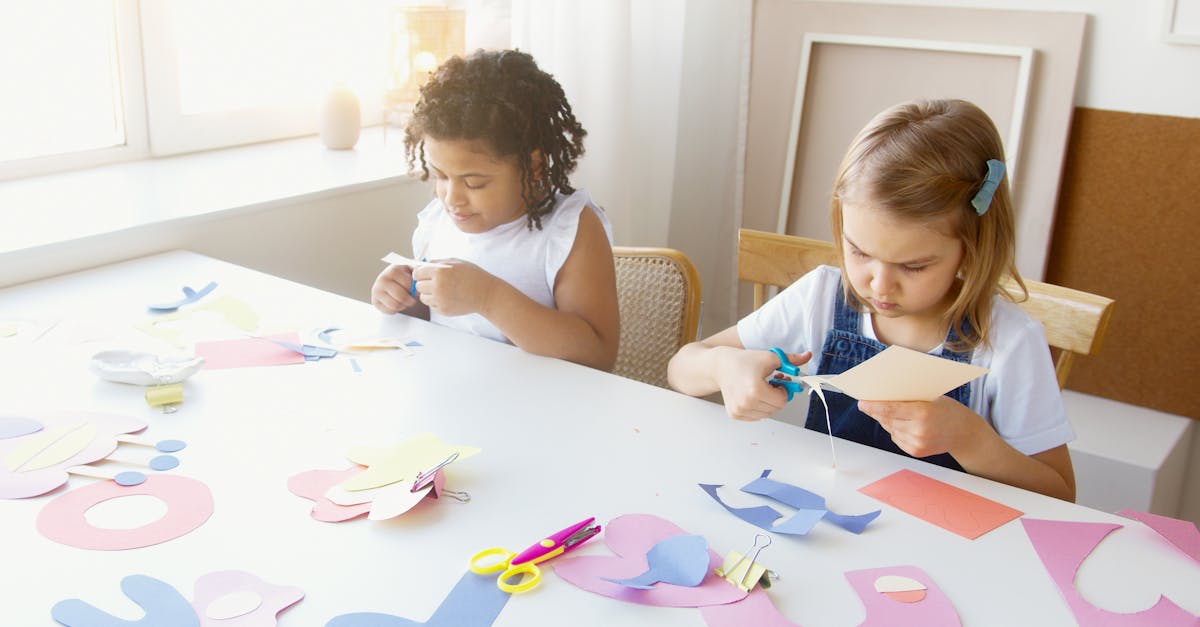Why Integrity Matters in Preschoolers
Integrity might seem like a big word for tiny hearts, yet it’s a quality we can nourish early on. Imagine your preschooler as a little sponge, soaking up every word, action, and value displayed by you. In a world full of choices, teaching them the essence of being true to their inner moral compass, guided by Christian principles, sets the stage for a life of authenticity and faith. Yes, even at the sandbox stage!

The Power of Storytelling in Teaching Integrity
We learn best through stories, and what’s more engaging than Bible tales brimming with heroes who chose integrity over convenience? Daniel didn’t munch the king’s non-kosher snacks, and David faced Goliath with unwavering faith. These stories are not just ancient history; they are life lessons wrapped in epic adventures that preschoolers can grasp. Imagine the wide-eyed wonder as they learn about truth and courage from Esther or kindness from Ruth.

Walk the Talk: Parents as Role Models
It’s a universal truth: kids watch us more closely than we think. Recalling that moment when my little one echoed my ‘please’ and ‘thank you’ with perfection, it dawned on me. Our actions craft their understanding of integrity. By living our values, we show them that being true to oneself underpins every genuine interaction with the world. It’s not just about telling them; it’s about showing them through our everyday choices.

Practical Activities to Encourage Honesty
Beyond tales and personal examples, fun activities can make the concept of honesty tangible. A ‘truth and lies’ jar, where kids get to sort statements, or an honesty chart to celebrate their truthful moments, can be both enlightening and entertaining.
Engaging them in activities where honesty is rewarded, and where they can see the immediate consequences of their choices, makes the abstract concept of integrity more concrete.

Embracing Mistakes with Grace and Forgiveness
Preschoolers are at an age where mistakes are as common as breathing. They’ll spill milk, tear pages, and sometimes, fib. It’s our job to teach them that it’s okay to mess up, as long as they own it. Christian teaching emphasizes forgiveness and learning from our mistakes. A gentle conversation about Peter’s denial of Jesus and his forgiveness can provide comfort and context to little ones learning to navigate their imperfections.

Remember, mistakes are opportunities for growth and understanding. Teaching children to forgive themselves and others will help them build resilience and empathy, essential qualities for a fulfilling life.
Encourage Questions: Fostering a Culture of Curiosity and Learning
Kids are naturally curious, and their ‘why’ questions offer perfect teachable moments about integrity. Encouraging them to ask questions, and patiently providing answers, nurtures a culture where honesty is valued and practiced. These discussions can be about anything from why we say prayers before meals to why telling the truth matters. Every question is an opportunity to teach them about being true to their values and faith.

